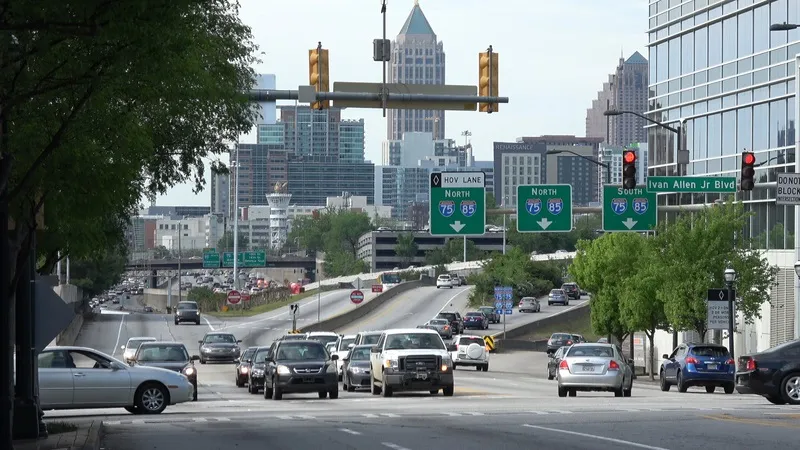The US Institute of Transportation Engineers (ITE) has joined the US Department of Transportation's (US DOT) National Highway Traffic Safety Administration, Federal Highway Administration, Federal Motor Carrier Safety Administration and the National Safety Council to launch the Road to Zero coalition with the goal of ending fatalities on US roads within the next 30 years. US DOT has committed US$1 million a year for the next three years to provide grants to organisations working on proven, lifesaving progra
October 10, 2016
Read time: 2 mins
The US 5667 Institute of Transportation Engineers (ITE) has joined the 324 US Department of Transportation's (US DOT) 834 National Highway Traffic Safety Administration, 831 Federal Highway Administration, 2021 Federal Motor Carrier Safety Administration and the 4953 National Safety Council to launch the Road to Zero coalition with the goal of ending fatalities on US roads within the next 30 years. US DOT has committed US$1 million a year for the next three years to provide grants to organisations working on proven, lifesaving programs.
ITE has also launched the Vision Zero Task Force initiative to advance the goals of the Vision Zero and Towards Zero Deaths movements, which goes hand-in-hand with the Road to Zero coalition's goals.
The Task Force comprises a steering committee and a technical working group. The steering committee, chaired by Richard Retting of Sam Schwartz Engineering, is focusing on enhancing ITE’s partnerships with other organisations in the transportation industry and aims to bring greater visibility to the goals of Vision Zero, Toward Zero Deaths, and now the Road to Zero Coalition.
The technical working group, chaired by Andrew Kaplan of the Port Authority of New York and New Jersey, will focus on the development of specific products that can be used to enhance agency programming aimed at eliminating roadway fatalities, beginning with a Vision Zero Toolbox by the end of 2016. This will include best practices, analytical techniques, and policy guidance to make it easily accessible to practitioners.
ITE has also launched the Vision Zero Task Force initiative to advance the goals of the Vision Zero and Towards Zero Deaths movements, which goes hand-in-hand with the Road to Zero coalition's goals.
The Task Force comprises a steering committee and a technical working group. The steering committee, chaired by Richard Retting of Sam Schwartz Engineering, is focusing on enhancing ITE’s partnerships with other organisations in the transportation industry and aims to bring greater visibility to the goals of Vision Zero, Toward Zero Deaths, and now the Road to Zero Coalition.
The technical working group, chaired by Andrew Kaplan of the Port Authority of New York and New Jersey, will focus on the development of specific products that can be used to enhance agency programming aimed at eliminating roadway fatalities, beginning with a Vision Zero Toolbox by the end of 2016. This will include best practices, analytical techniques, and policy guidance to make it easily accessible to practitioners.








